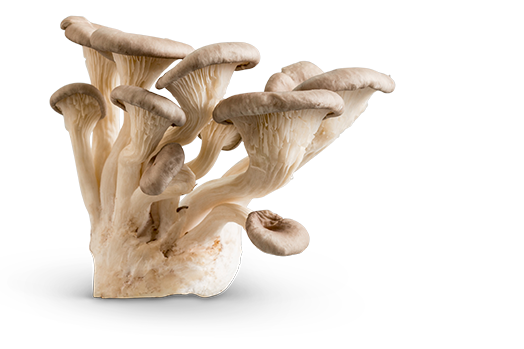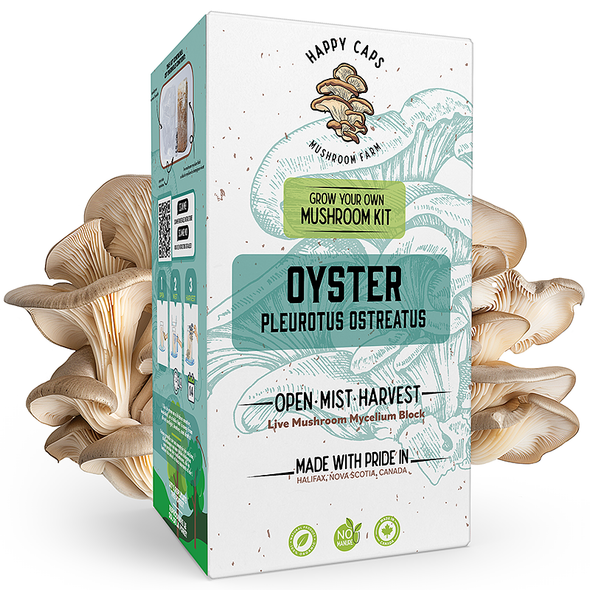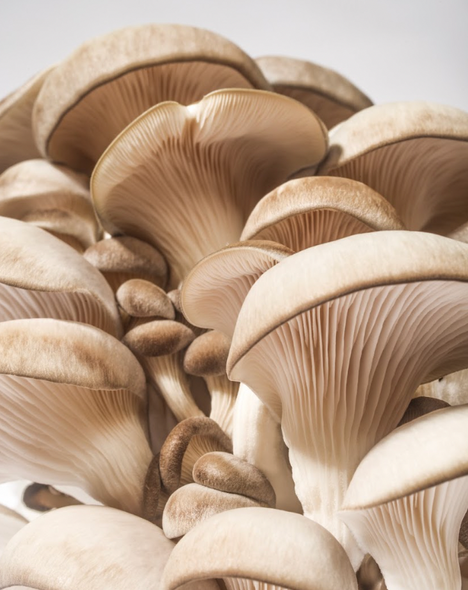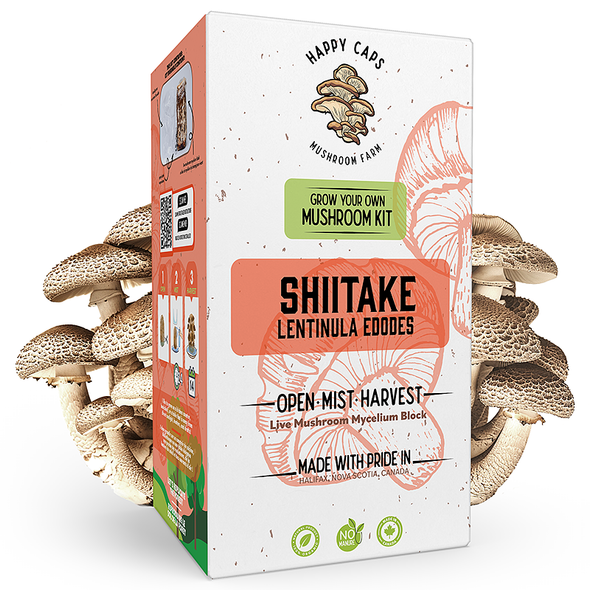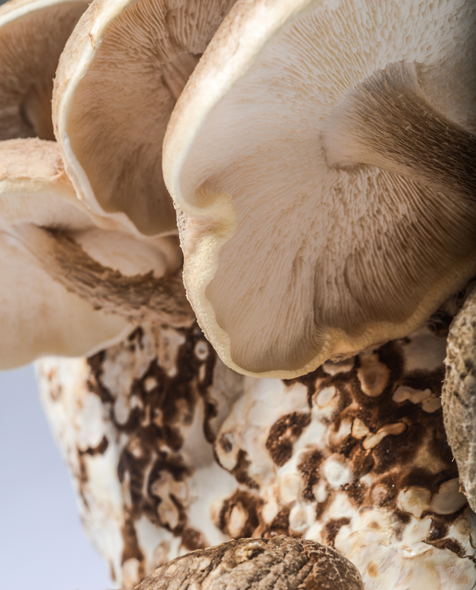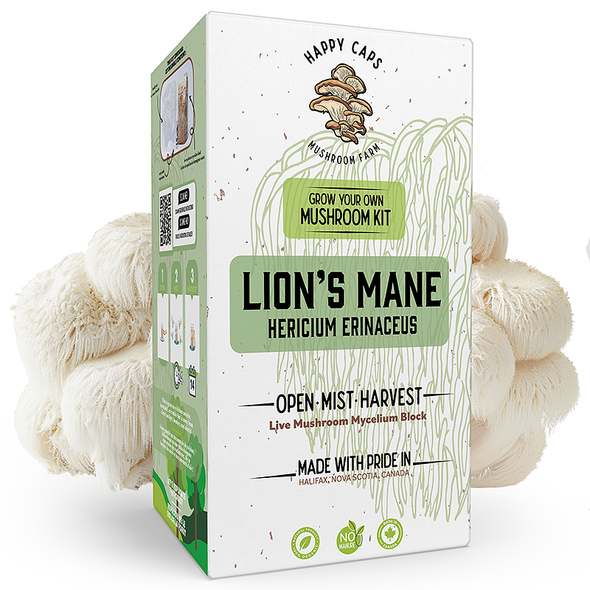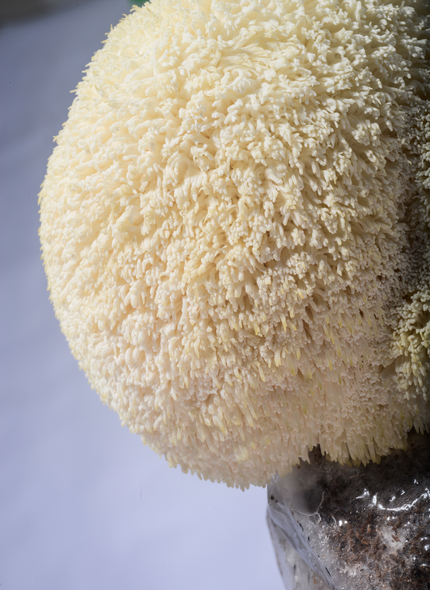Home Grow Kits 3 for $60 at checkout.
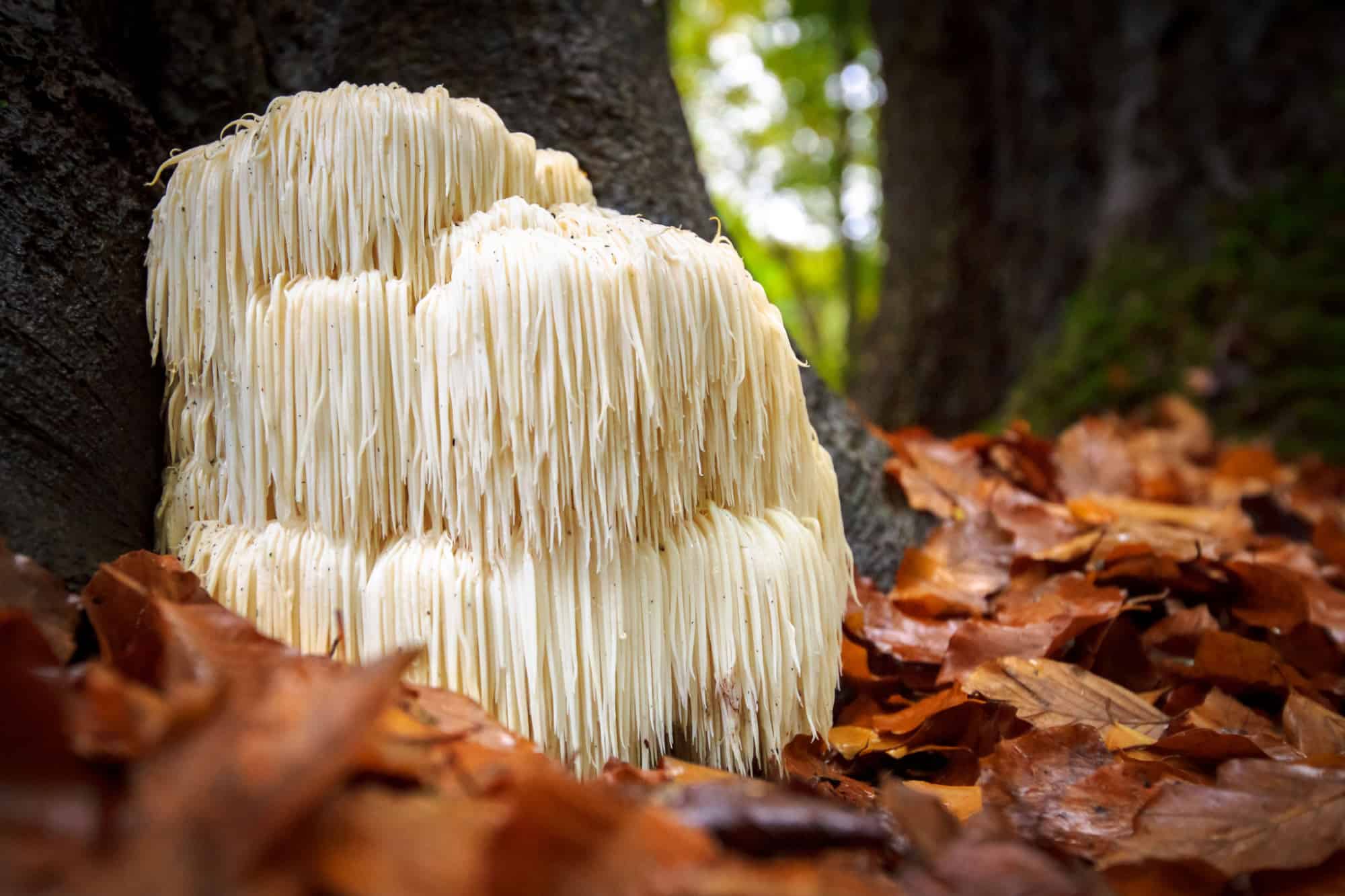
The Fascinating History and Health Benefits of Lions Mane Mushrooms
Lion's Mane Mushroom, also known as Hericium erinaceus, is a type of mushroom that has been used in traditional Chinese medicine for centuries. It is named after its long, flowing white tendrils that resemble a lion's mane.
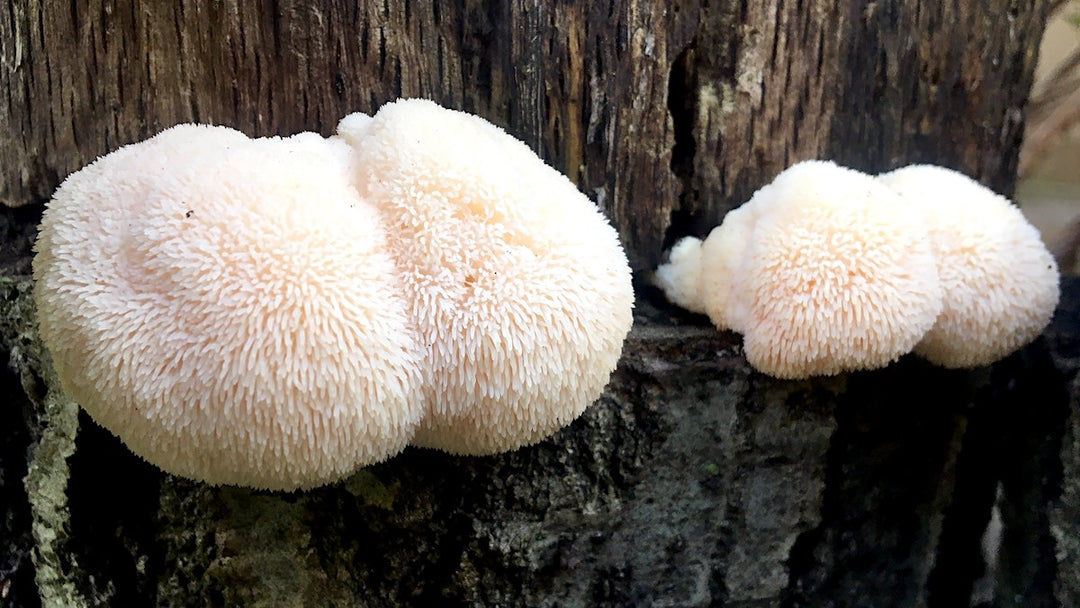
The first written documentation of Lion's Mane can be traced back to the Tang Dynasty in China (618-907 AD), where it was believed to promote longevity and enhance brain function. The mushroom was also used in traditional Korean and Japanese medicine.
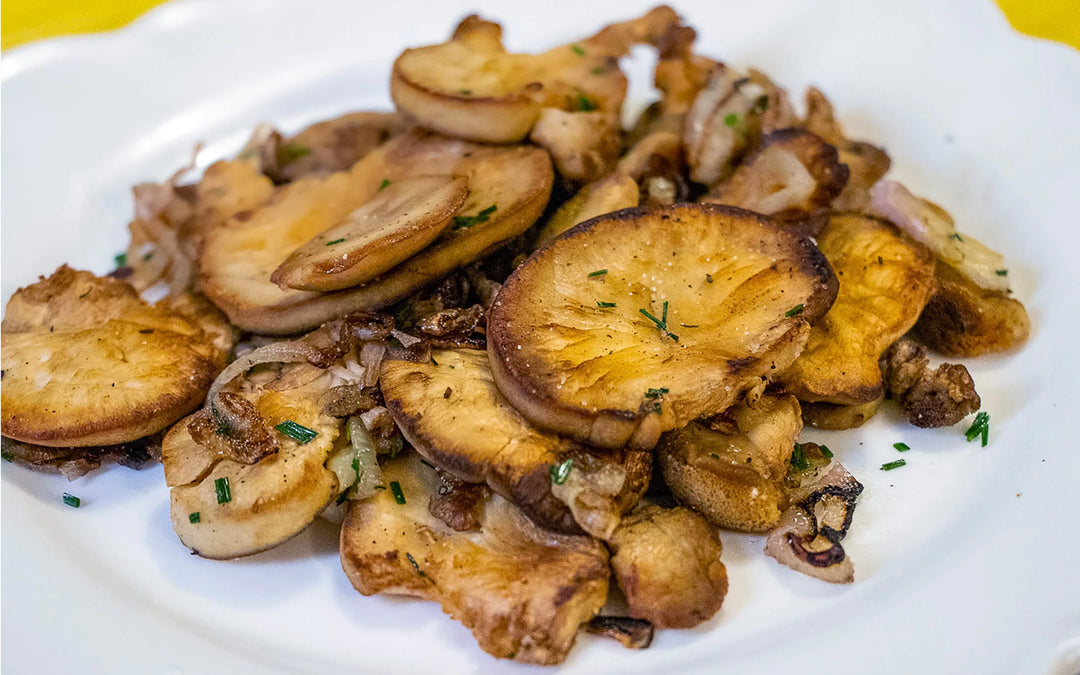
The mushroom contains compounds called erinacines and hericenones, which have been shown to stimulate the growth of brain cells and improve cognitive function. As a result, Lion's Mane has the potential to treat neurological disorders such as Alzheimer's disease and Parkinson's disease.
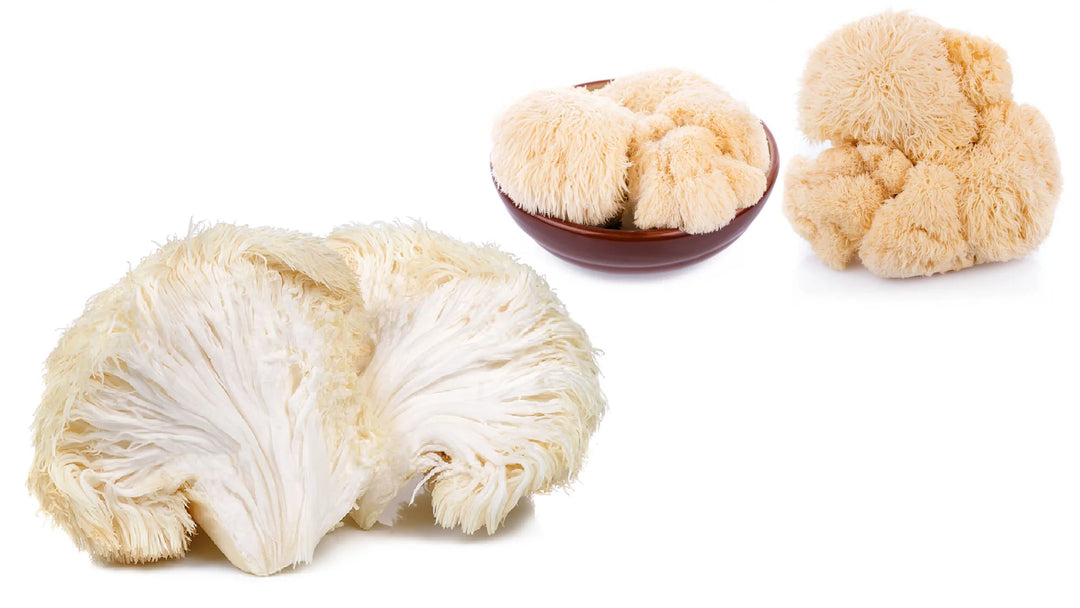
In addition to enhancing brain function, Lion's Mane also has immune-boosting properties. The mushroom contains beta-glucans, which are natural compounds that can increase the activity of white blood cells and improve the overall function of the immune system. Lion's Mane has also been shown to reduce inflammation in the body, which can help prevent chronic diseases such as heart disease, diabetes, and cancer.
Lion's Mane is also a versatile mushroom that can be used in a variety of culinary dishes. It has a mild, slightly sweet flavor and a meaty texture, making it a great substitute for meat in vegetarian dishes.
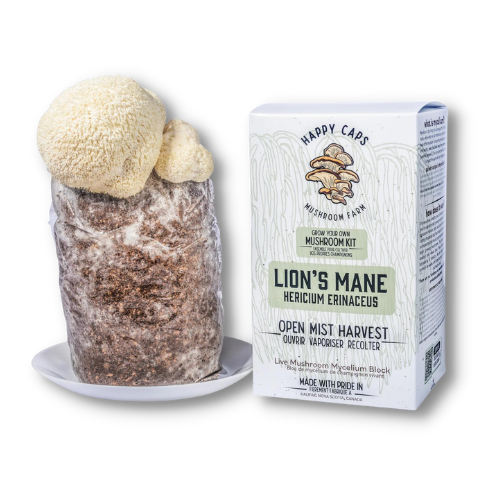
By incorporating Lion's Mane into your diet, you may experience improved cognitive function, better digestion, and overall better health. Our best-selling Lion's Mane home-grown mushroom kit is the perfect way to experience these benefits firsthand.
With our easy-to-use kit, you can grow fresh, organic Lion's Mane mushrooms in the comfort of your own home. Don't miss out on the opportunity to try this incredible mushroom and experience its health benefits for yourself!
Checkout the Lions Mane Mushroom Kit Here


